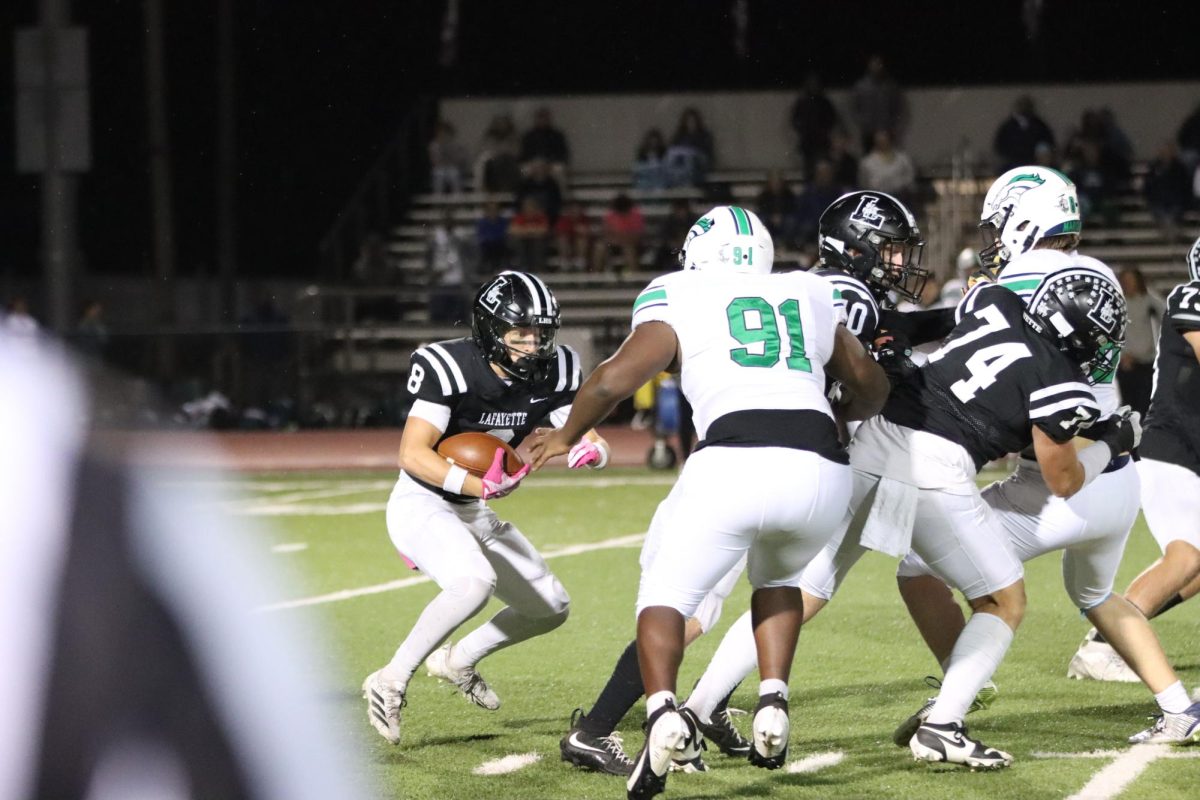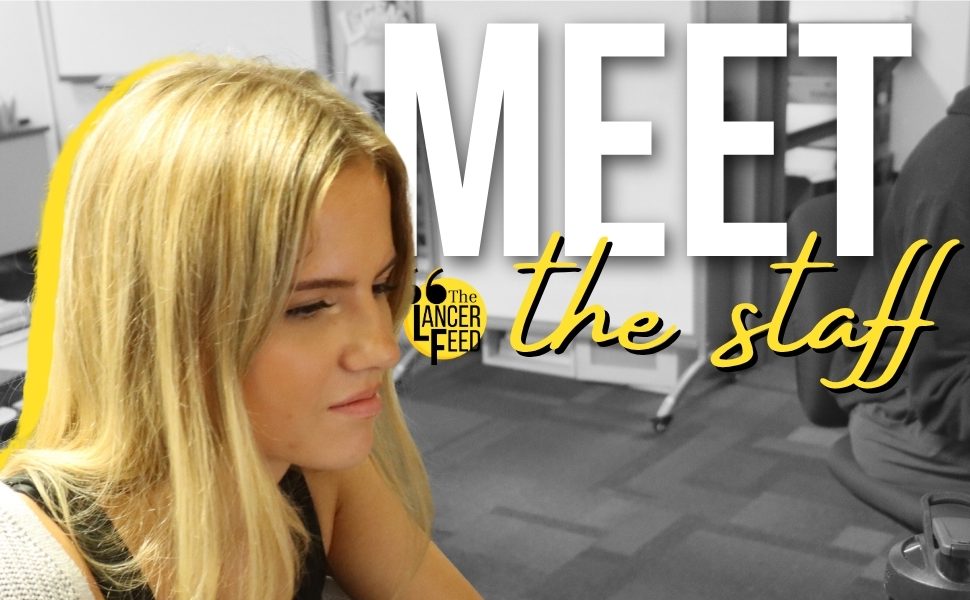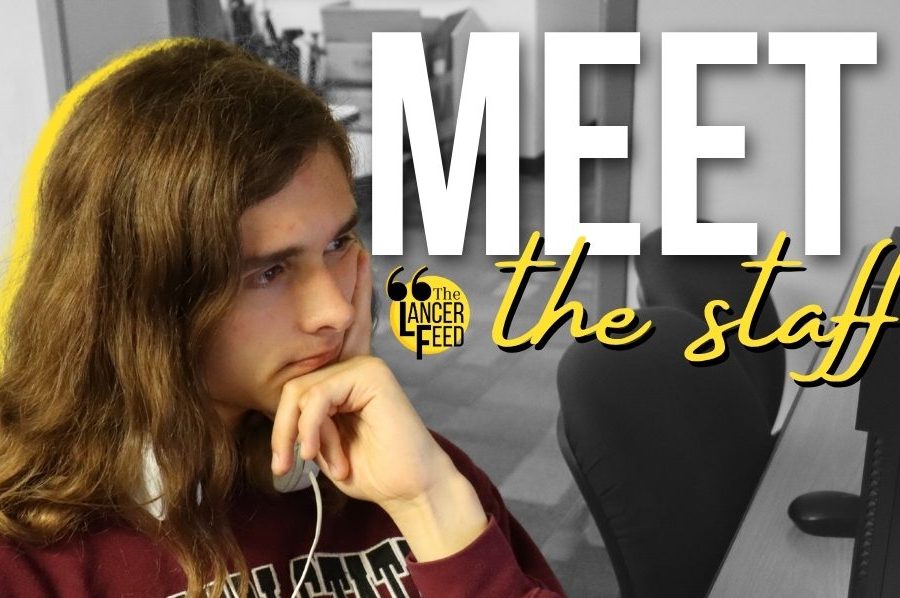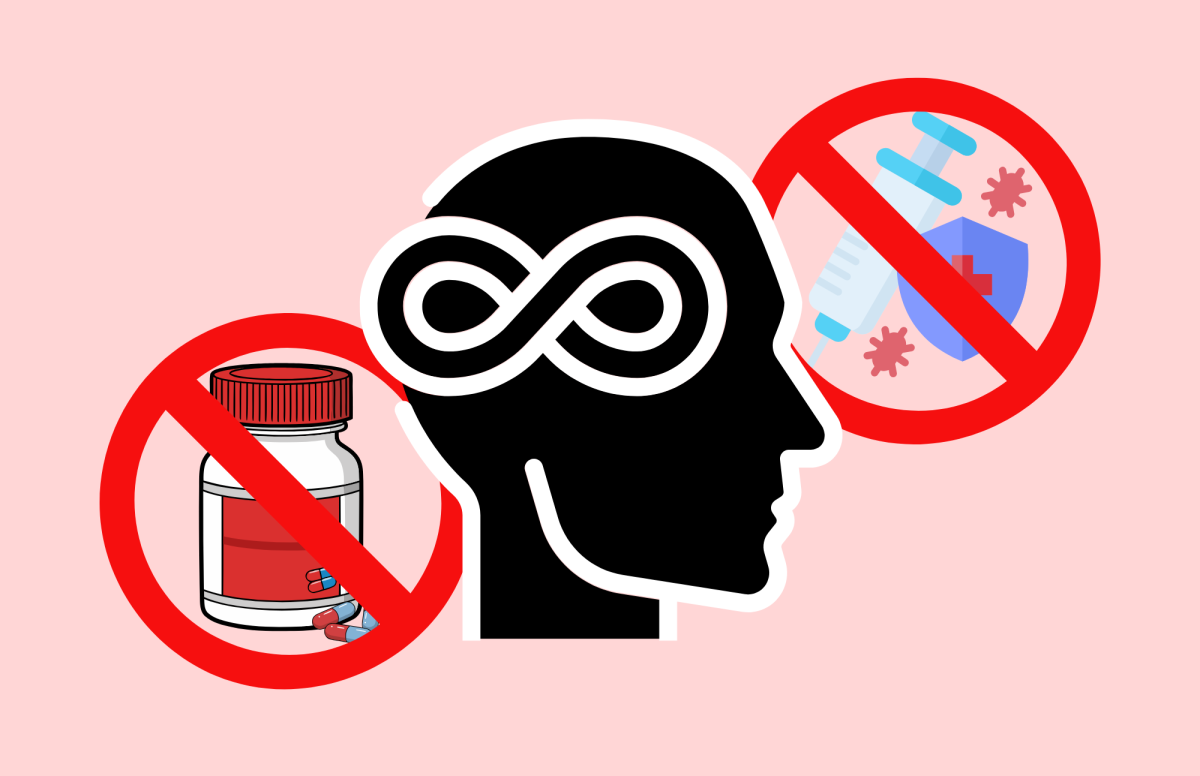Facebook’s name change: just another mistake
The logo of Meta has already started to appear on the start-up pages of Facebook, Instagram and WhatsApp, all owned by Meta. Meta was founded in 2004 by the current CEO of the company, Mark Zuckerberg.
November 16, 2021
Recently, after intense public criticism over the way it handles fake news, hate speech and political speech, the company formerly known as Facebook has now re-branded itself under a new name, Meta. Nonetheless, Facebook remains the name of the popular social network which exists under the larger company.
Facebook has been a well-known source of misinformation about various topics, from the COVID-19 vaccine to the 2020 election. They put up a brave front in public, claiming that they were limiting misinformation through a variety of ways, such as content moderation. However, a damning report found that the company acted too late to stop misinformation relating to the 2020 election from spreading and allowed misinformation related to the COVID-19 to spread far and wide.
Another problem that Facebook has faced is quite literally content moderation. Misinformation on Facebook isn’t just confined to the United States. The spread of misinformation on Facebook has fueled the Rohingya refugee crisis in Myanmar and other incidents, such as the U.S. Capitol riot in January 2021. Facebook knew just how much misinformation was being spread on their platform and they were either too late to act on it or just didn’t act on it at all. It also didn’t help that at times, Facebook knew that the misinformation being spread on their site resulted in pretty bad consequences.
One such example is the Rohingya refugee crisis in Myanmar. In the country of Myanmar, Facebook has become so popular, the terms Facebook and Internet are interchangeable. However, it was discovered that authorities in Myanmar took advantage of this fact, and started spreading posts with false information about the Rohingyas, causing anti-Rohingya sentiment to stir in Myanmar. One of the reasons why the misinformation spread so easily in Myanmar was because Facebook lacked content moderators who could read and write Burmese, the language of Myanmar. Facebook only acknowledged this in 2018.
Also, what made Meta think leaving Facebook as the name of the social network was a good idea? The name Facebook carries a negative connotation with it. Meta can do whatever it wants to attempt to save Facebook, but it’s too late. Facebook has a pattern of claiming that they are going to do something, but they usually never follow up. During the COVID-19 vaccine rollout, they claimed in public that they were doing all sorts of things to prevent the spread of misinformation, but in reality, they acted too slow to stop any spread of misinformation on their platform.
It was also discovered that Facebook had a completely separate system of content moderation for their high-profile accounts, such as the accounts of major politicians and celebrities. While most accounts were placed under content moderation guidelines that were strict, the content moderation guidelines for the high-profile were quite lax, because Facebook was afraid of backlash from these high-profile accounts if they were placed under the stricter content moderation guidelines. The content moderation guidelines for high-profile accounts was known as “XCheck.” This is another reason that Facebook has such a high spread of misinformation. Misinformation about COVID-19 and the vaccine was allowed to spread because it came from accounts such as former president Donald Trump, multiple Republican Congress members and celebrities.
This was really the root cause of all the misinformation spread on Facebook. Due to XCheck, politicians and prominent celebrities were able to spread misinformation without getting a strict fact-check. A major example of this was multiple posts of misinformation about COVID-19 spread by the former President of the United States, Donald Trump. A study by Cornell University found that Trump was the major spreader of all COVID-19 related misinformation. He was able to get away with it because Facebook’s content moderation guidelines with his account were incredibly lax, since he was the President.
All in all, while Facebook changing it’s corporate name to Meta may look like a good thing, it is just another mistake. Facebook needs to take accountability for its mistakes and fix them instead of lying about fixing them. Mark Zuckerberg and his team need to get their heads out of the clouds and understand the damage that Facebook has caused. They must then fix that damage, a much better course of action than just changing their corporate name and hoping for the best.



































